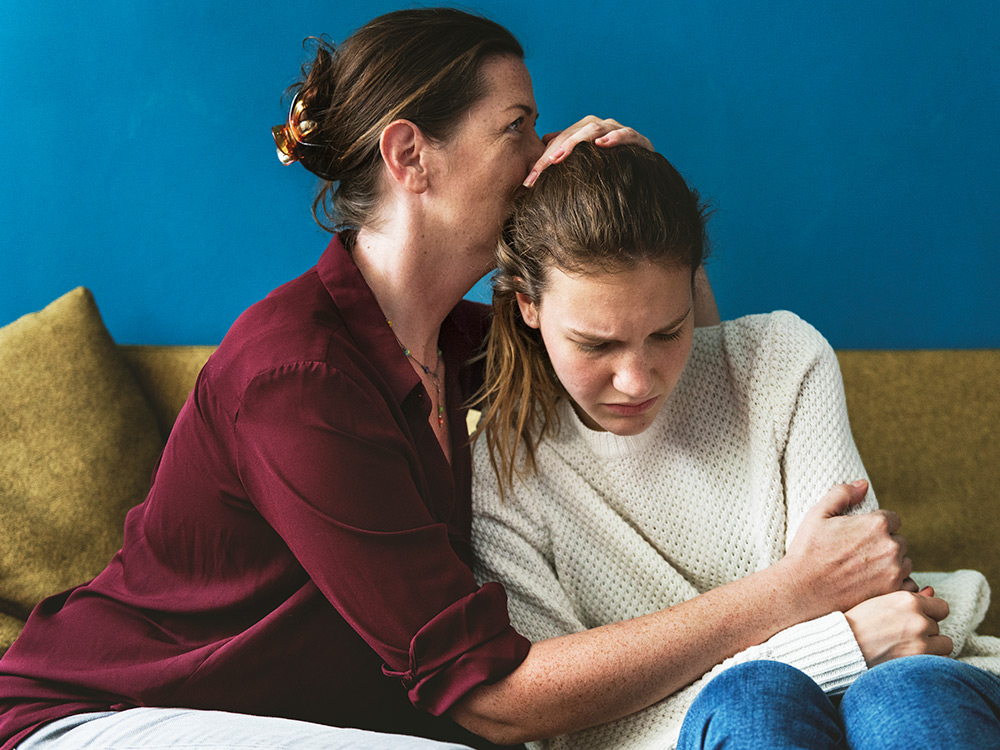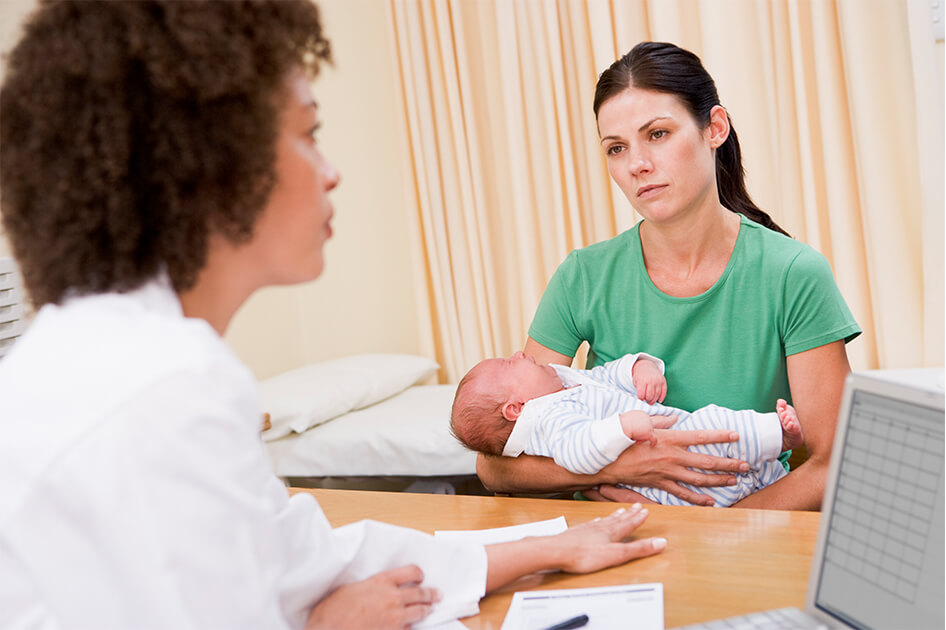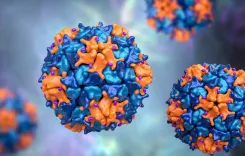How To Spot Post Partum Depression In Someone?
By Mary Ann
28 March 2023
Having a baby can be one of the most exciting and joyful moments in a person's life, but it can also be one of the most challenging. Postpartum depression is a common and serious condition that affects many new mothers. According to the American Psychological Association, approximately 1 in 7 women experience postpartum depression.

Postpartum depression can develop any time within the first year after giving birth. It is important to know the signs and symptoms of postpartum depression so that you can help yourself or someone else get the necessary treatment. Here are some ways to spot postpartum depression in someone:
Changes In Mood

One of the most common symptoms of postpartum depression is sudden and intense mood swings. This can include feeling sad, anxious, or irritable without any obvious reason. The person may feel overwhelmed, hopeless, and unable to cope with everyday life. They may also experience a loss of interest in activities they previously enjoyed.
Sleep Problems
Having a newborn can disrupt sleep patterns, but with postpartum depression, the sleep disturbance can become more severe. The person may experience insomnia, difficulty falling asleep or staying asleep, or they may sleep excessively.
Physical Symptoms

Postpartum depression can also cause physical symptoms such as headaches, stomach aches, and fatigue. The person may experience unexplained weight loss or gain, changes in appetite, and a decrease in energy levels.
Difficulty Bonding with the Baby
It is common for new mothers to feel overwhelmed, but with postpartum depression, the feelings of overwhelm and anxiety can be more severe. The person may find it difficult to bond with their baby or feel disconnected from their child. They may also have thoughts of harming themselves or their baby.
Thoughts of Self-Harm or Suicide

Postpartum depression can lead to thoughts of self-harm or suicide. The person may feel hopeless and that life is not worth living. They may talk about wanting to hurt themselves or having thoughts of suicide. If you or someone you know is experiencing these thoughts, seek immediate medical attention.
Difficulty Concentrating
Postpartum depression can make it difficult to focus and concentrate on everyday tasks. The person may have trouble remembering things, making decisions, or completing tasks.
Social Withdrawal

The person may also withdraw from social activities and isolate themselves from family and friends. They may feel ashamed of their feelings and fear being judged.
If you notice any of these signs or symptoms in someone, it is important to offer support and encourage them to seek help. Postpartum depression is a treatable condition, and early intervention can make a significant difference in recovery.
Here are some ways to offer support to someone with postpartum depression:
Be There to Listen
Listen to the person without judgment and offer emotional support. Let them know that they are not alone and that you are there to help them through this difficult time.
Offer Practical Support
Offer to help with household tasks or caring for the baby. This can alleviate some of the stress and allow the person to focus on their recovery.
Encourage Self-Care
Encourage the person to take care of themselves. This can include getting enough rest, eating healthy foods, and engaging in physical activity.
Be Patient
Recovery from postpartum depression takes time. Be patient with the person and continue to offer support throughout their journey to recovery.
Encourage Them to Seek Professional Help

It is important to encourage the person to seek professional help. This may include speaking with their doctor, a therapist, or a support group. Offer to help them find resources and make appointments.
In conclusion, postpartum depression is a serious condition that affects many new mothers. It is important to know the signs and symptoms of postpartum depression so that you can recognize it in yourself or others. If you or someone you know is experiencing postpartum depression, it is important to seek professional help and support. Remember that this is a treatable condition, and with the right treatment and support, recovery is possible.
In addition to seeking professional help and support, there are some things that new mothers can do to prevent or reduce the risk of developing postpartum depression. These include:
Build a Support System
Having a strong support system can help reduce stress and provide emotional support. This can include family, friends, and support groups.
Take Care of Yourself
It is important to take care of yourself physically and emotionally. This includes getting enough sleep, eating healthy foods, and engaging in regular physical activity.
Communicate with your Partner
Communicate with your partner about your feelings and experiences. This can help reduce feelings of isolation and provide emotional support.
Manage Expectations
It is important to manage expectations and not put too much pressure on yourself. It is okay to ask for help and take time for yourself.
Seek Professional Help Early
If you are experiencing symptoms of postpartum depression, seek professional help early. This can increase the chances of a successful recovery.
In conclusion, postpartum depression is a common and serious condition that affects many new mothers. It is important to know the signs and symptoms of postpartum depression so that you can recognize it in yourself or others. If you or someone you know is experiencing postpartum depression, seek professional help and support. Remember that with the right treatment and support, recovery is possible.
You Might Also Want To Read This
Popular Posts






